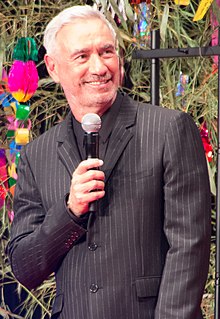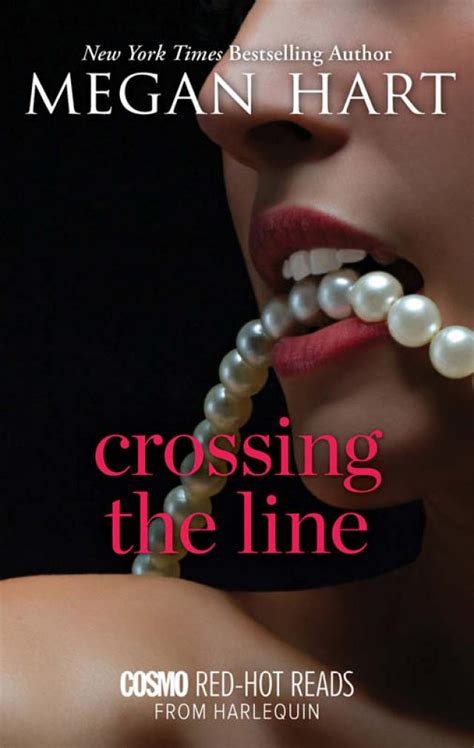A Quote by Richard Avedon
A photographic portrait is a picture of someone who knows he's being photographed, and what he does with this knowledge is as much a part of the photograph as what he's wearing or how he looks. He's implicated in what's happening, and he has a certain real power over the result.
Related Quotes
Despite popular theories, I believe people fall in love based not on good looks or fate but on knowledge. Either they are amazed by something a beloved knows that they themselves do not know; or they discover a common rare knowledge; or they can supply knowledge to someone who's lacking. Hasn't everyone found a strange ignorance in someone beguiling? . . .Nowadays, trendy librarians, wanting to be important, say, Knowledge is power. I know better. Knowledge is love.
Photographs bear witness to a human choice being exercised in a given situation. A photograph is a result of the photographer's decision that it is worth recording that this particular event or this particular object has been seen. If everything that existed were continually being photographed, every photograph would become meaningless.
Knowing a great deal about what is in the world art, catastrophe, the beauties of nature through photographic images, people are frequently disappointed, surprised, unmoved when the see the real thing. For photographic images tend to subtract feeling from something we experience at first hand and the feelings they do arouse are, largely, not those we have in real life. Often something disturbs us more in photographed form than it does when we actually experience it.
We have certain things where we know they exist or "everybody knows they exist," but naturally nobody can photograph them, because they are so super secret. For example, the PEOC, the Presidential Emergency Operations Center exists, but nobody knows how it looks, but it's a so called bunker where he can survive a nuclear attack.
If you photograph for a long time, you get to understand such things as body language. I often do not look at people I photograph, especially afterwards. Also when I want a photo, I become somewhat fearless, and this helps a lot. There will always be someone who objects to being photographed, and when this happens you move on.
In a world where the 2 billionth photograph has been uploaded to Flickr, which looks like an Eggleston picture! How do you deal with making photographs with the tens of thousands of photographs being uploaded to Facebook every second, how do you manage that? How do you contribute to that? What's the point?
The minute you start saying something, 'Ah, how beautiful! We must photograph it!' you are already close to view of the person who thinks that everything that is not photographed is lost, as if it had never existed, and that therefore, in order really to live, you must photograph as much as you can, and to photograph as much as you can you must either live in the most photographable way possible, or else consider photographable every moment of your life. The first course leads to stupidity; the second to madness.




























